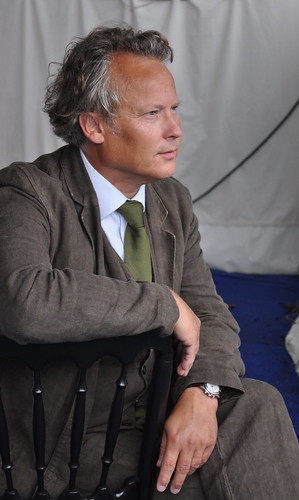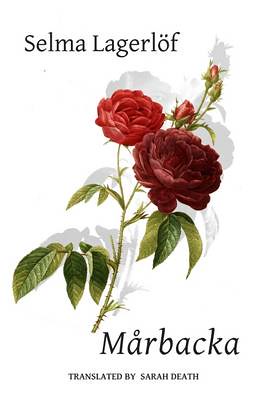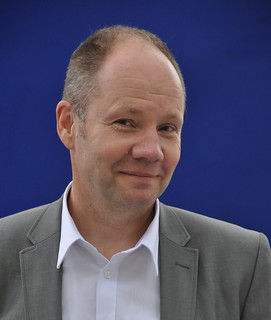He’s got his grey world of hitchhikers, possibly stuck off the M5, on a roundabout in Cumbria. But there is no plot. Yet.
I suspect that geographically the above doesn’t make any sense, but who cares? This is Kazuo Ishiguro who made up his own Japan as a child, based on what his mother told him, the comics his grandparents sent, and sheer speculation. It had little bearing on the real place, which he left at the age of five.
This makes a lot of sense to someone who knows what it’s like to belong in two places where you don’t necessarily belong. He was 20 when he realised this Japan perhaps didn’t exist, and by leaving it alone, it has faded away. It gave him a sense of liberation when by his third novel there was no Japan in it.
Tuesday evening’s Guardian event with Kazuo talking to Alex Clark, and with thousands of us listening in, was the first in a virtual book tour to launch Klara and the Sun, his new book. He promised to give us all the best stuff.
Although, there wasn’t as much about the new novel, about AI friends for lonely teenagers, as you might expect. There was so much else to talk about. Kazuo’s daughter Naomi had prevented him from making this a children’s book, saying they’d be traumatised. It is now a much more optimistic novel for adults…
Kazuo likes testing new genres, a bit like we might try some new food. He also reckons he could easily move the plots of his books into other settings, should he be legally required to do so.
Alex Clark called him bonkers, then apologised, but Kazuo said ‘bonkers is good’ and ‘I am not a professional writer, but quite limited in what I do’. He meant he can only write what he can write. And with a Nobel prize behind him, that writing isn’t all that bad.
The organisers had planted famous people, like Bernardine Evaristo, to ask particularly good questions. His pal David Mitchell wondered about the frequent mentions of Worcestershire, which appear to be some kind of cameos, coming from a hotel stay in Minneapolis.
Emma Thompson wanted to know whether films of books can reach the depths the books do, and it seems that if she writes the script, they can. She sported pandemic hair, and had also had time to paint her walls the same colour as her jumper. Kazuo did point out, though, that an actor only ever has to learn to be one character in a book, whereas the author needs to know everything.
Kazuo always knows the endings of his books; he knows where he has to land. ‘You can say a huge amount by what you don’t say’.
He refused to commit to an opinion of how the pandemic might influence his writing. It is too early and too many people have died. It would feel wrong to escape into his world, ‘where my work sits in the word’. He has many great worlds with no story, and great titles without a story to go with it. The worlds and settings in his head wait for ‘the play’ to come.
You will not be surprised to learn that the event overran. But that’s what you get from an author who dares to presume he knows about butlers, giving his readers an ultra-English novel, even mishandling the port. Foreigners, eh?










